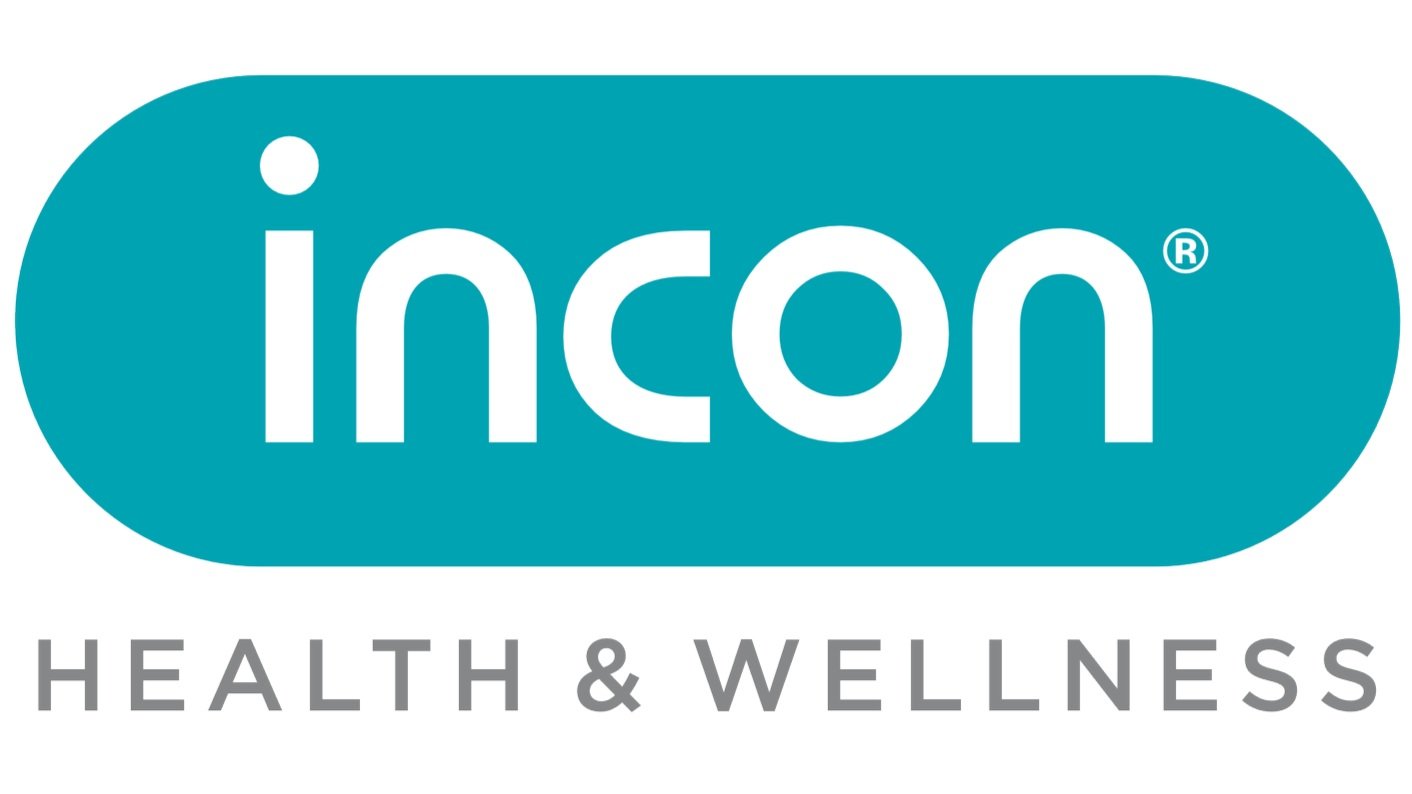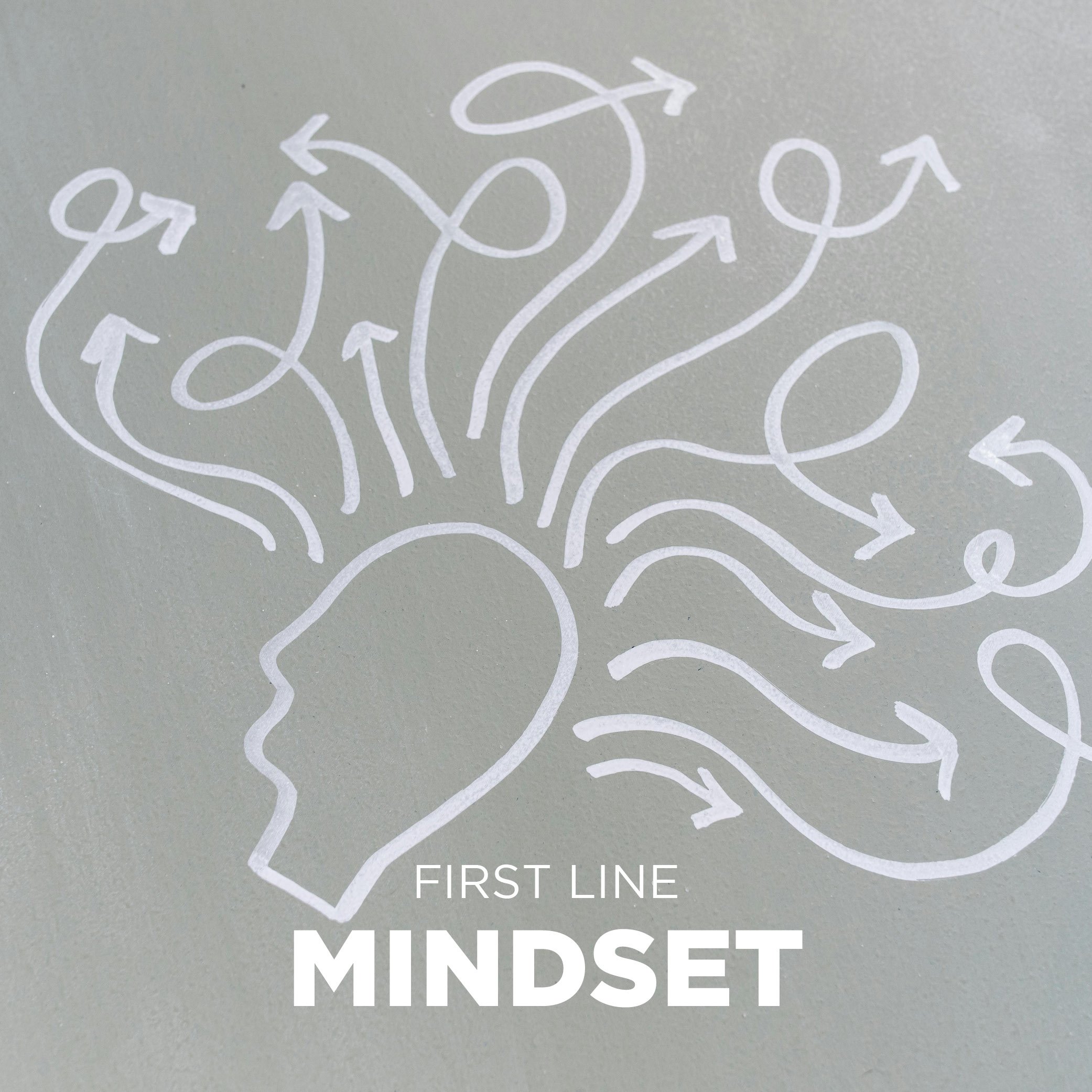
Safety doesn’t start with equipment
Mindset is the first line of workplace safety.
Psychological wellbeing isn’t separate from occupational health - it’s a critical part of it. Supporting mental clarity and resilience helps organisations reduce risk and create safer workplaces, because when the mind is clear, the workplace becomes safer.
When employees are mentally present and supported, they notice hazards sooner, communicate more clearly and act intentionally rather than reactively.
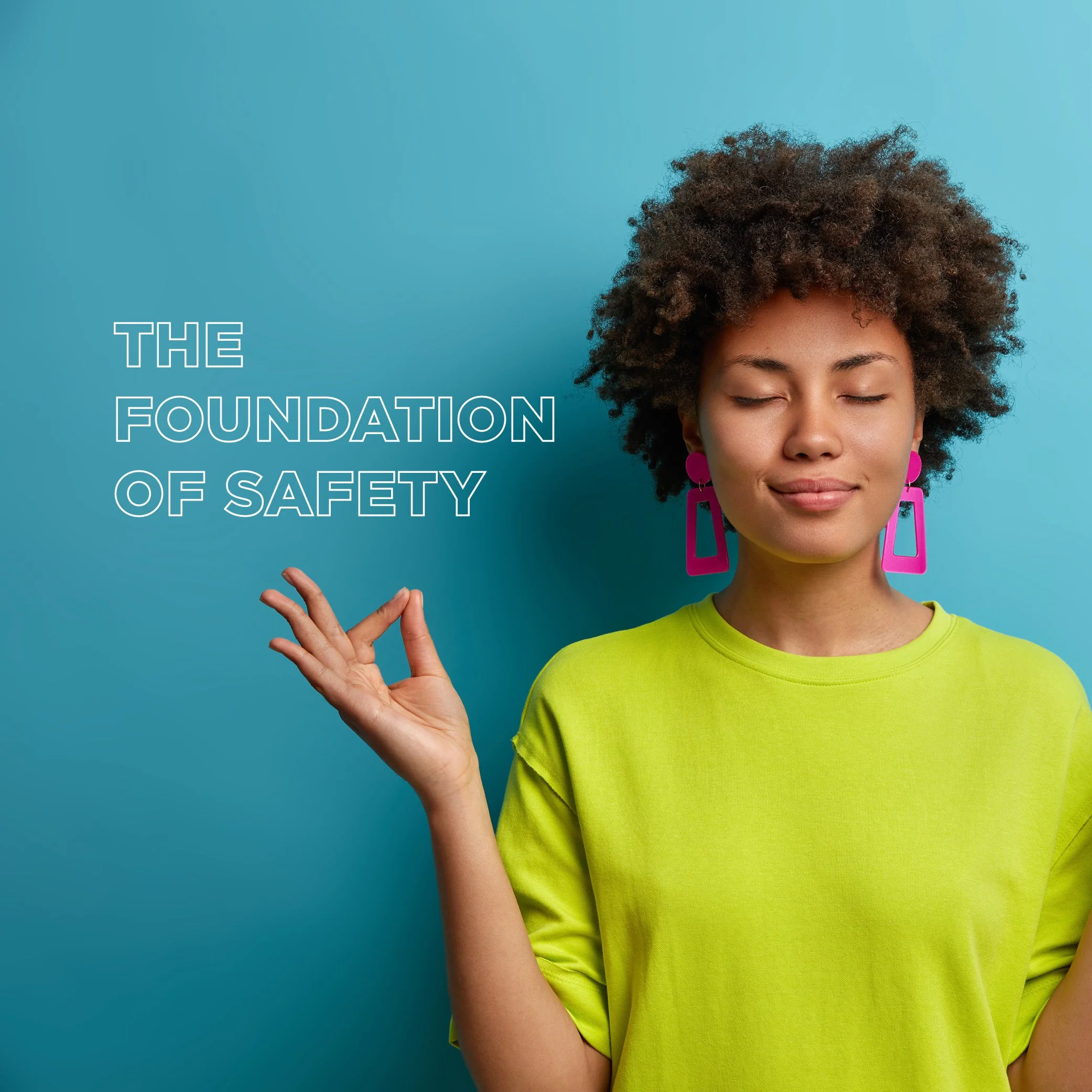
Where safety really begins…
Mental wellbeing is the foundation of true workplace safety. When people feel supported and psychologically secure, they make better decisions, communicate more clearly and respond to risk more effectively.
Organisations that build wellbeing into their culture - through openness, realistic expectations and empathetic leadership - not only protect mental health, they strengthen performance, reduce risk and build resilience. Safety isn’t just a protocol - it’s a mindset.
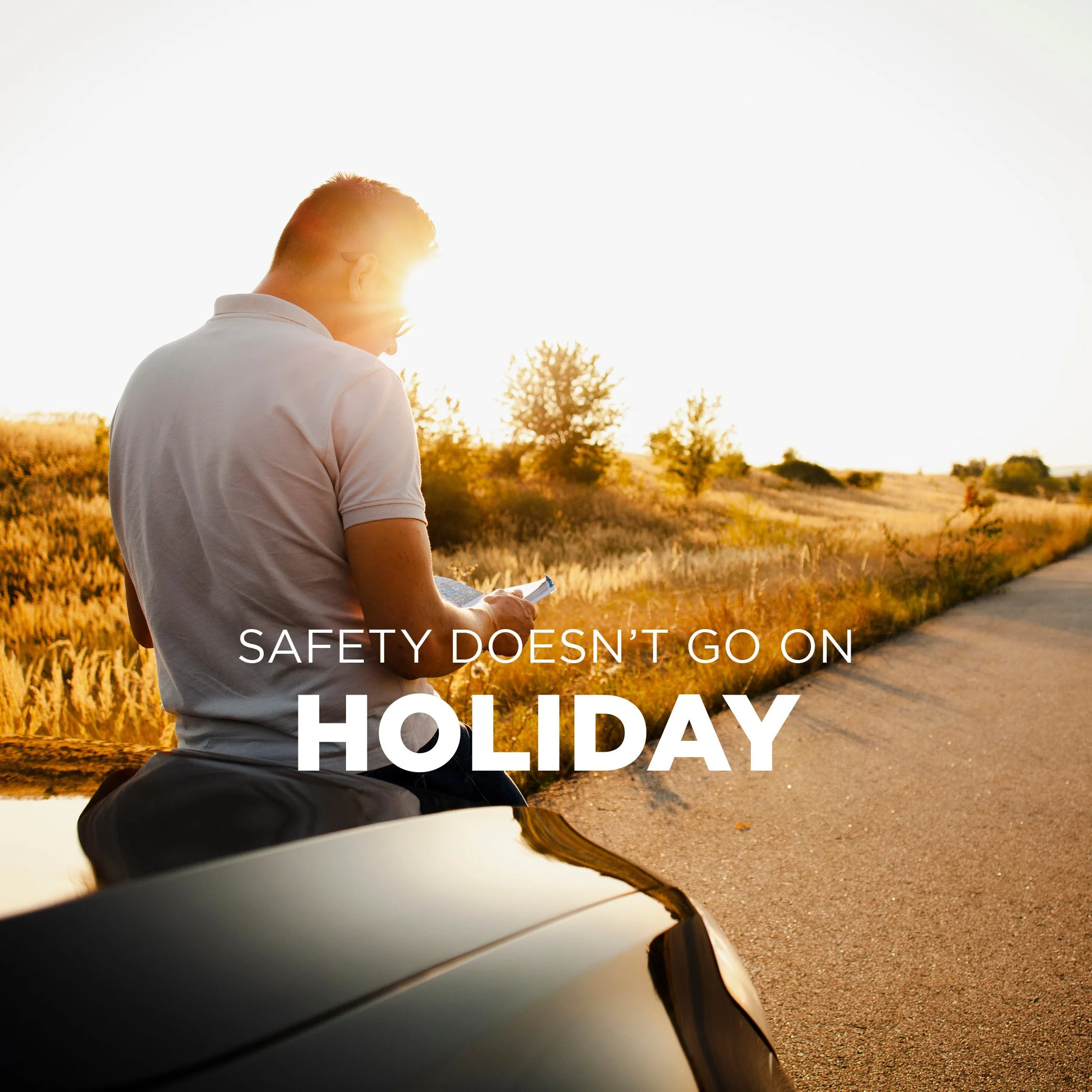
Safety Beyond the Workplace
The festive season can feel like a break from responsibility - but risk doesn’t disappear. Busy roads, heat, fatigue and increased alcohol use all raise the chance of injury and poor decisions.
What happens on holiday follows employees back to work. Returning depleted affects concentration, reaction time and overall safety.
This season, choose presence over pressure and rest over rush. Because the most important return isn’t to work - it’s to wellbeing.
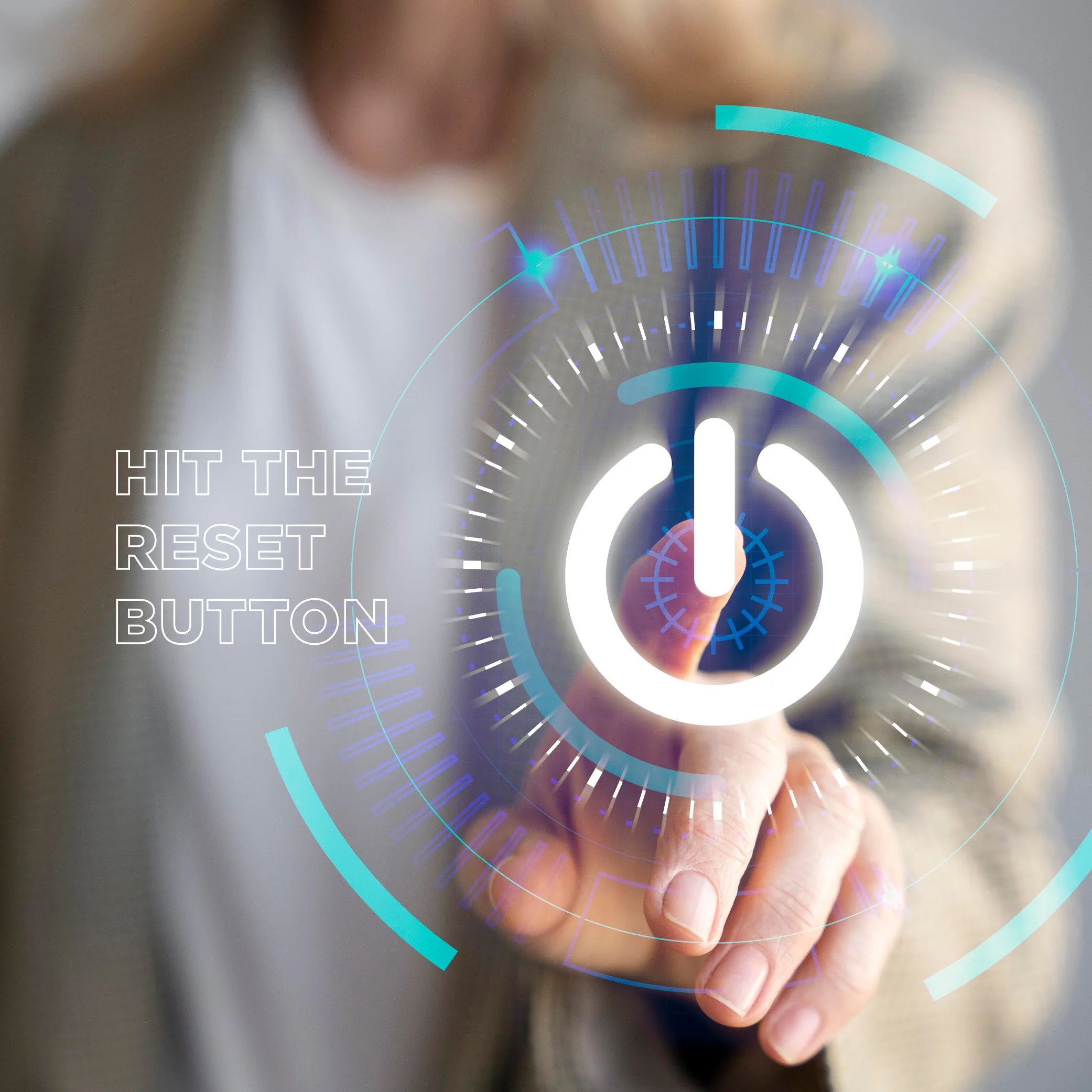
Reset Is a Safety Strategy
Year-end fatigue isn’t just personal - it’s a workplace risk. Exhaustion slows judgement, increases mistakes and raises the chance of incidents.
Rest isn’t a luxury; it’s essential for clarity, safety and performance. As the year closes, give yourself and your team permission to reset.
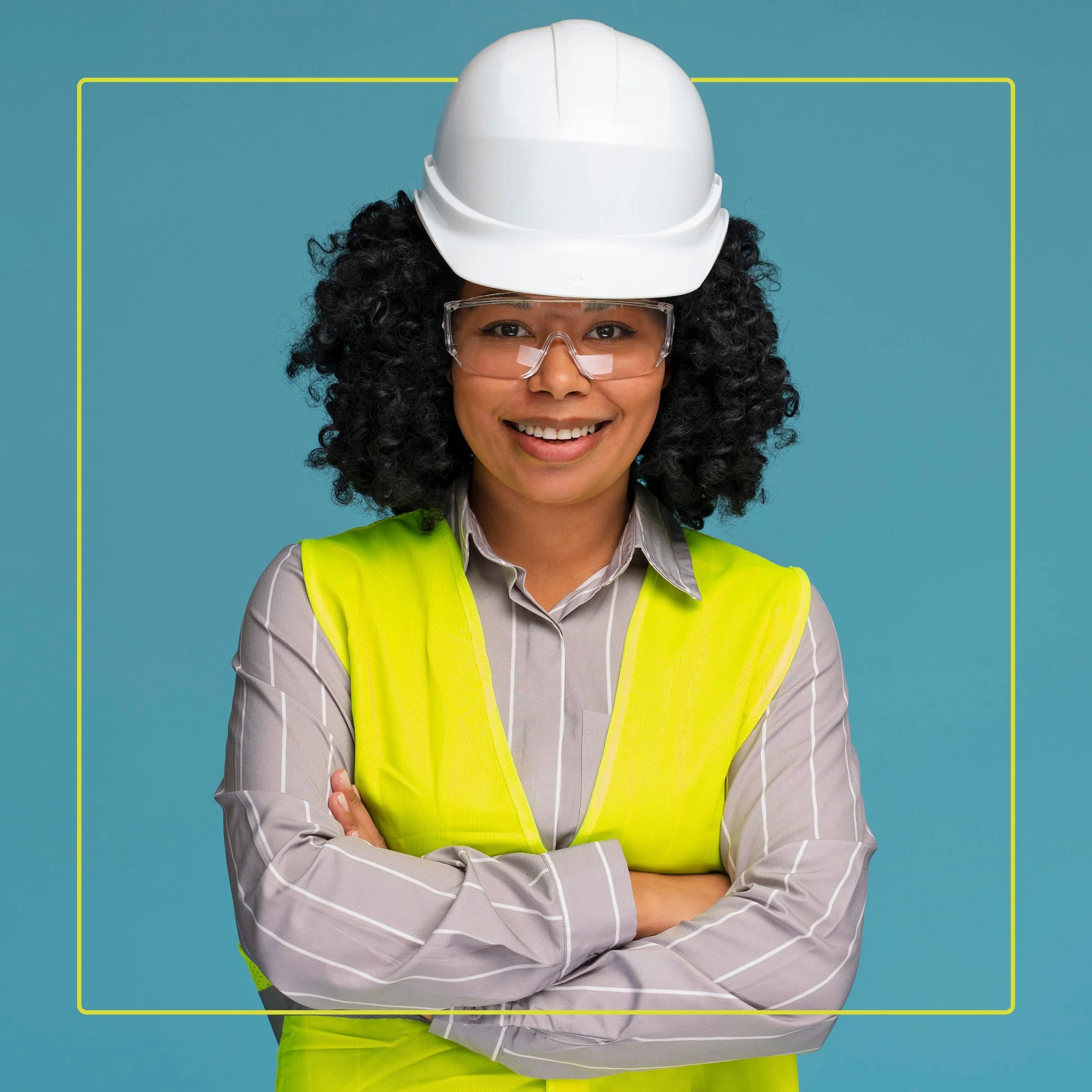
The Real Cost of Non-Compliance
Safety is never optional. Most incidents happen not from recklessness, but from shortcuts, fatigue or the belief that “it won’t happen today.”
Non-compliance affects more than the job site - it affects families and futures.
Safety isn’t paperwork; it’s choosing to protect yourself and those around you, every single day.
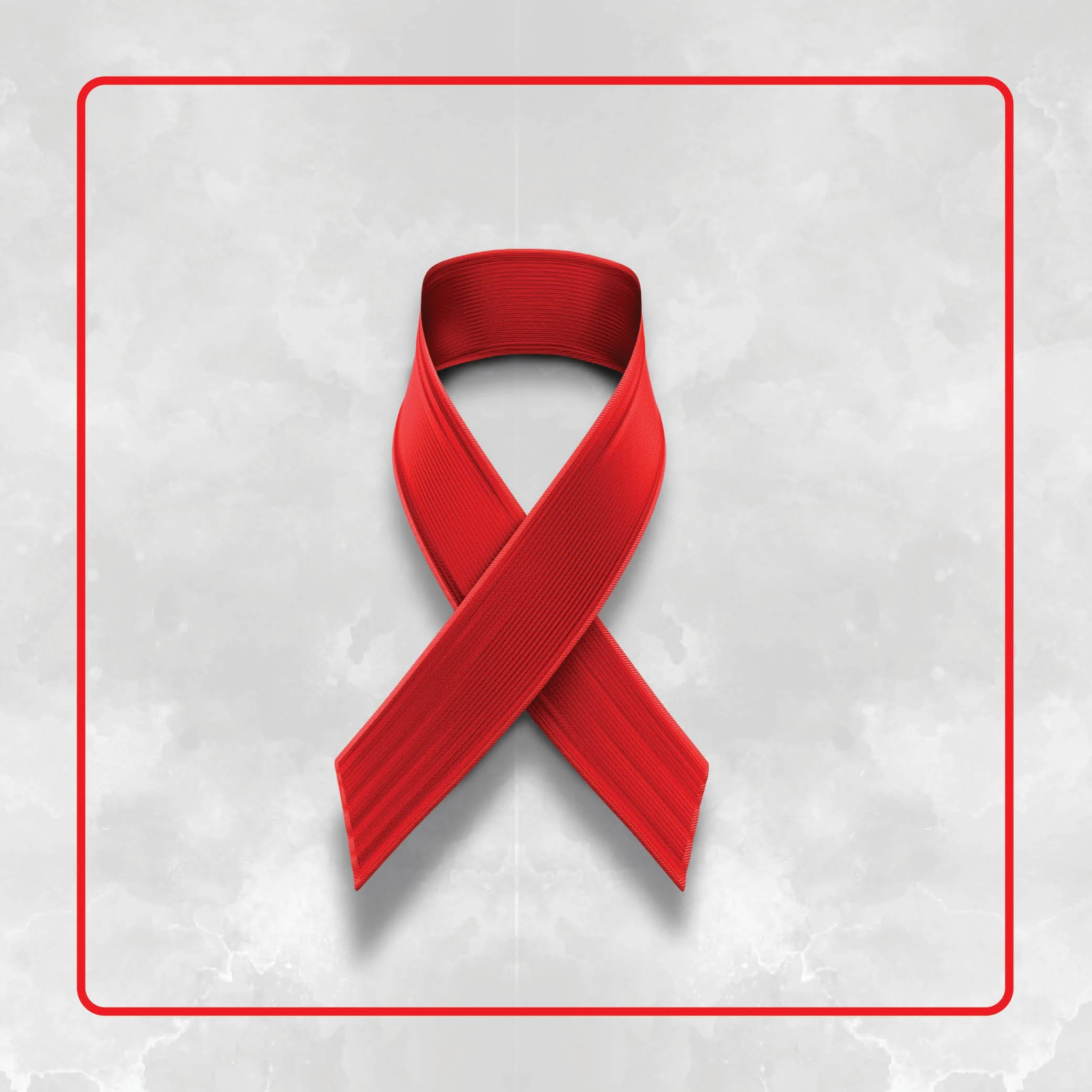
Awareness, Action, Responsibility
World AIDS Day is a reminder that awareness saves lives.
While progress in treatment has been significant, stigma and misinformation remain real barriers. Education, testing and open conversation protect people and strengthen workplaces.
HIV is not spread through casual contact — and with early treatment, people can live long, healthy lives.
This 1 December, choose knowledge over fear.

The Power of a Positive Mindset
A positive mindset doesn’t mean ignoring stress - it means choosing how to respond to it. By focusing on perspective, support and small daily habits, we can turn pressure into progress and create stronger, more resilient workplaces.

Stretched Too Thin
As the year draws to a close, many feel the quiet weight of expectation - tighter deadlines, rising expenses and emotional fatigue that doesn’t always show. It’s not always burnout, but it’s still heavy.
Financial strain, decision fatigue and the pressure to “make it a good December” take their toll. The truth is, year-end isn’t always about celebration; sometimes it’s about endurance. And recognising that weight - in ourselves and others - is the first step towards ending the year with care instead of collapse.

End-of-Year Fatigue
As the year winds down, many employees push to “just finish strong” - but with that drive comes a silent threat: fatigue.
More than simple tiredness, fatigue dulls alertness, slows reaction times and clouds judgement. In high-risk environments, those effects can have serious consequences. Recognising and managing fatigue isn’t just about wellbeing - it’s a crucial part of keeping workplaces safe as the year comes to a close.

The Movember Movement
Movember is a reminder that men’s health deserves attention - from early cancer detection to mental wellbeing. Small actions like regular check-ups, self-checks, and honest conversations can save lives.
This month, take a moment to check in with yourself or someone you care about, because every mind and every life deserves care. 💙

Pink with Purpose
October marks Breast Cancer Awareness Month - a time to highlight the power of early detection, education and support. While pink ribbons and fundraising play an important role, real impact happens when people feel empowered to understand their bodies and act early.
Breast cancer is one of the most common cancers among women worldwide, but when detected early, it is often highly treatable. By knowing what’s normal for your body, recognising warning signs and prioritising regular screenings, you can make a life-saving difference.

Your Response, Your Power
Work can be stressful, but your wellbeing doesn’t have to take a backseat. You can’t always control what happens, but you can choose how you respond. Small pauses, mindful breaths, and moments of gratitude create positive momentum, strengthen resilience, and make work more enjoyable. Each day, your response is your superpower.

Mind-Saving Habits
Small daily habits can protect your mental health more than you think. Move, pause, connect, nourish - even tiny steps add up. Start today: one mindful moment, one short walk, one real conversation. Over time, calm and clarity follow.

When Burnout Hits
Some mornings feel heavier than others. Tasks that once brought joy feel like chores, and fatigue clouds both mind and body. Burnout isn’t just tiredness — it steals energy, clarity, and possibility.
Recovery starts small: step back, breathe, reconnect with what matters. Your wellbeing matters — simply because you do.
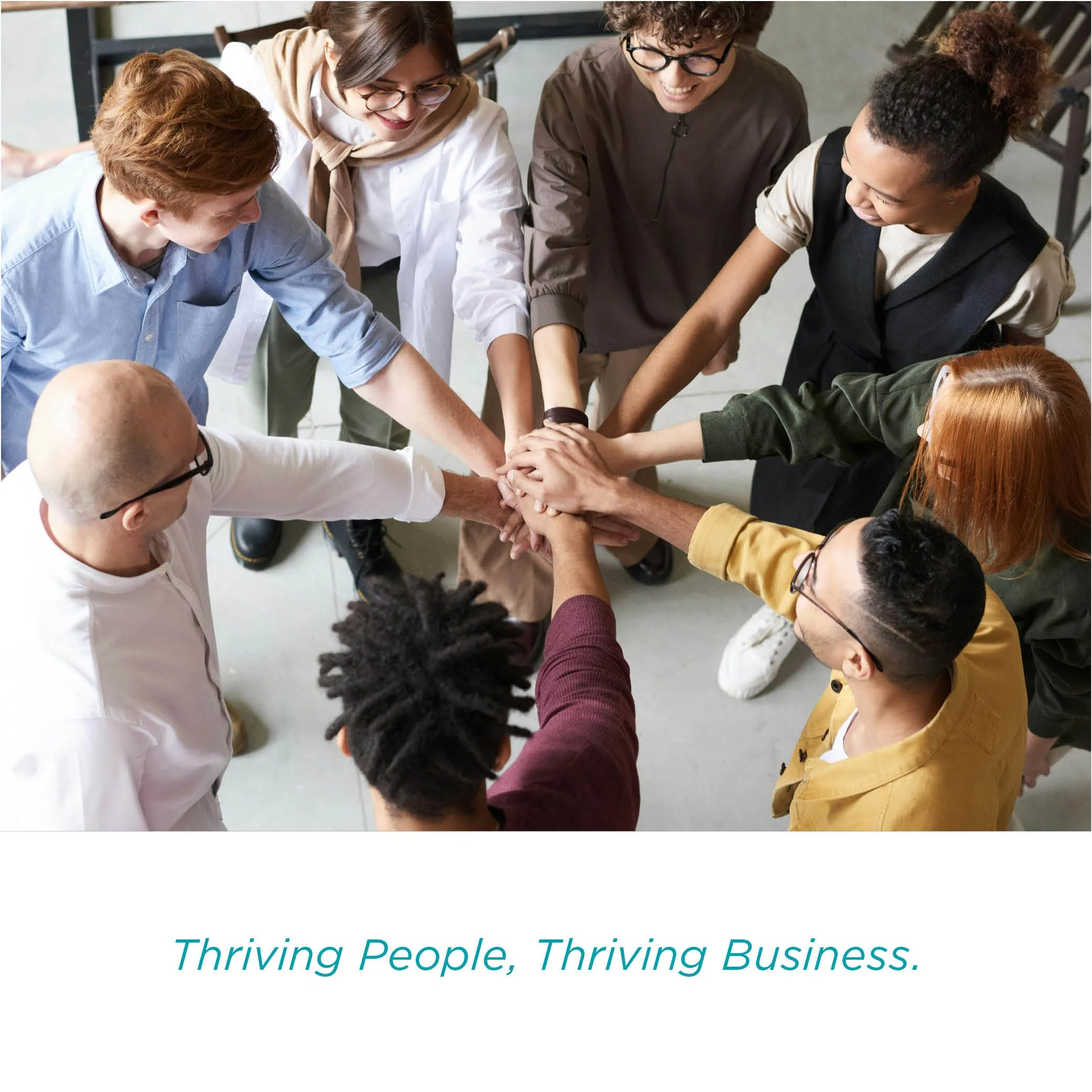
COID, Done Smarter
COID done right is a business advantage. Proper compliance protects employees, builds trust, and reduces risks, while keeping operations running smoothly. It’s about safer workplaces and stronger organisations.

Delegate safety. Drive results.
Occupational health is more than compliance. It covers risk assessments, medical checks, training and preventative care — each requiring expertise and consistency.
With the right partner, these responsibilities run seamlessly in the background while businesses focus on growth. The result: safer teams, smoother operations and stronger performance.
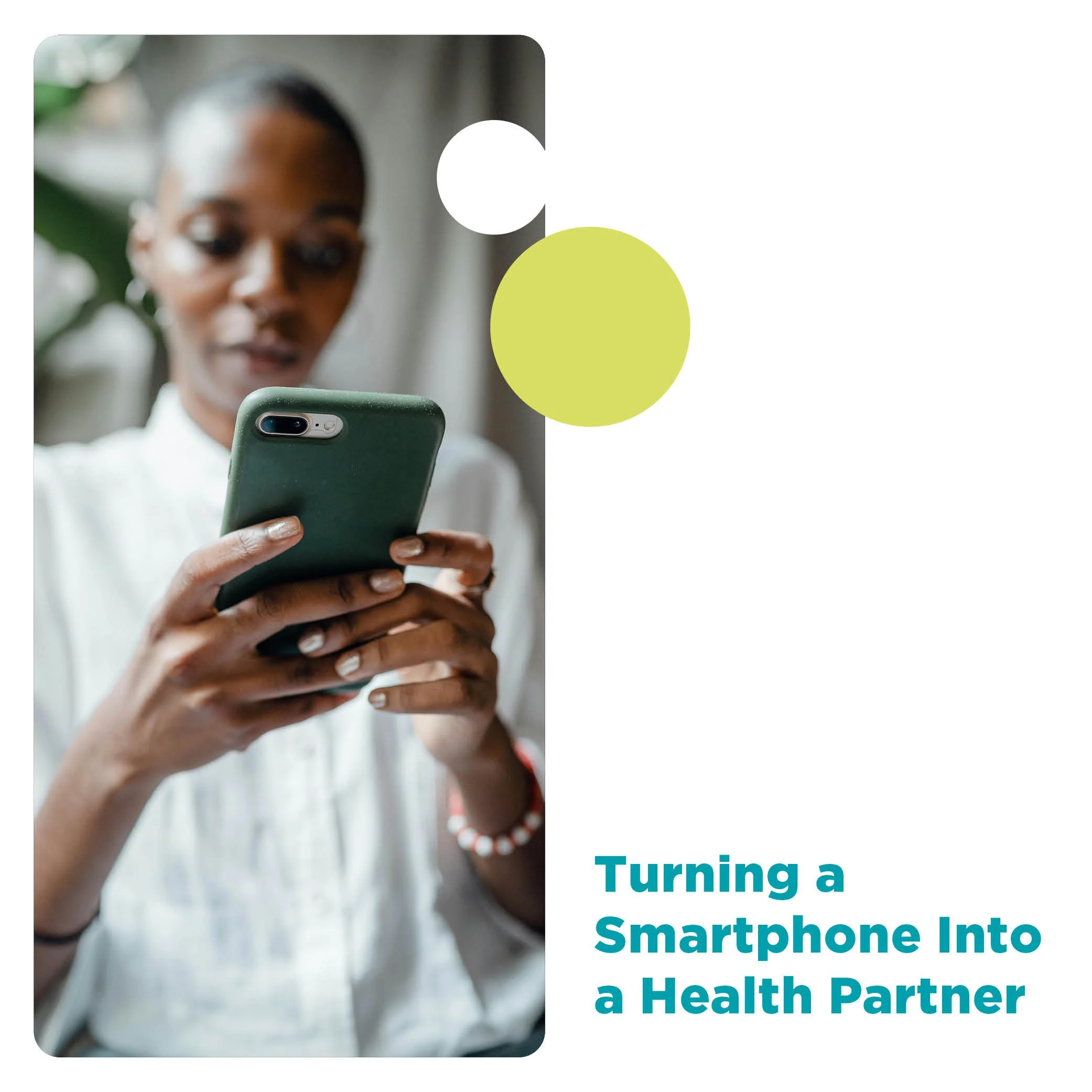
Turning Data Into Daily Wellbeing
Wellness is becoming part of everyday life.
With a quick facial scan, vital signs like heart rate and stress levels can be tracked instantly — no extra devices, no disruption.
For businesses, this means wellness shifts from static programmes to real-time, scalable insights. Early signs of fatigue or stress can be managed before they escalate, reducing absenteeism and boosting productivity.
This innovation complements traditional healthcare and shows that wellness is not just policy, but practice. Simple, accessible and data-driven - it is the future of occupational health.
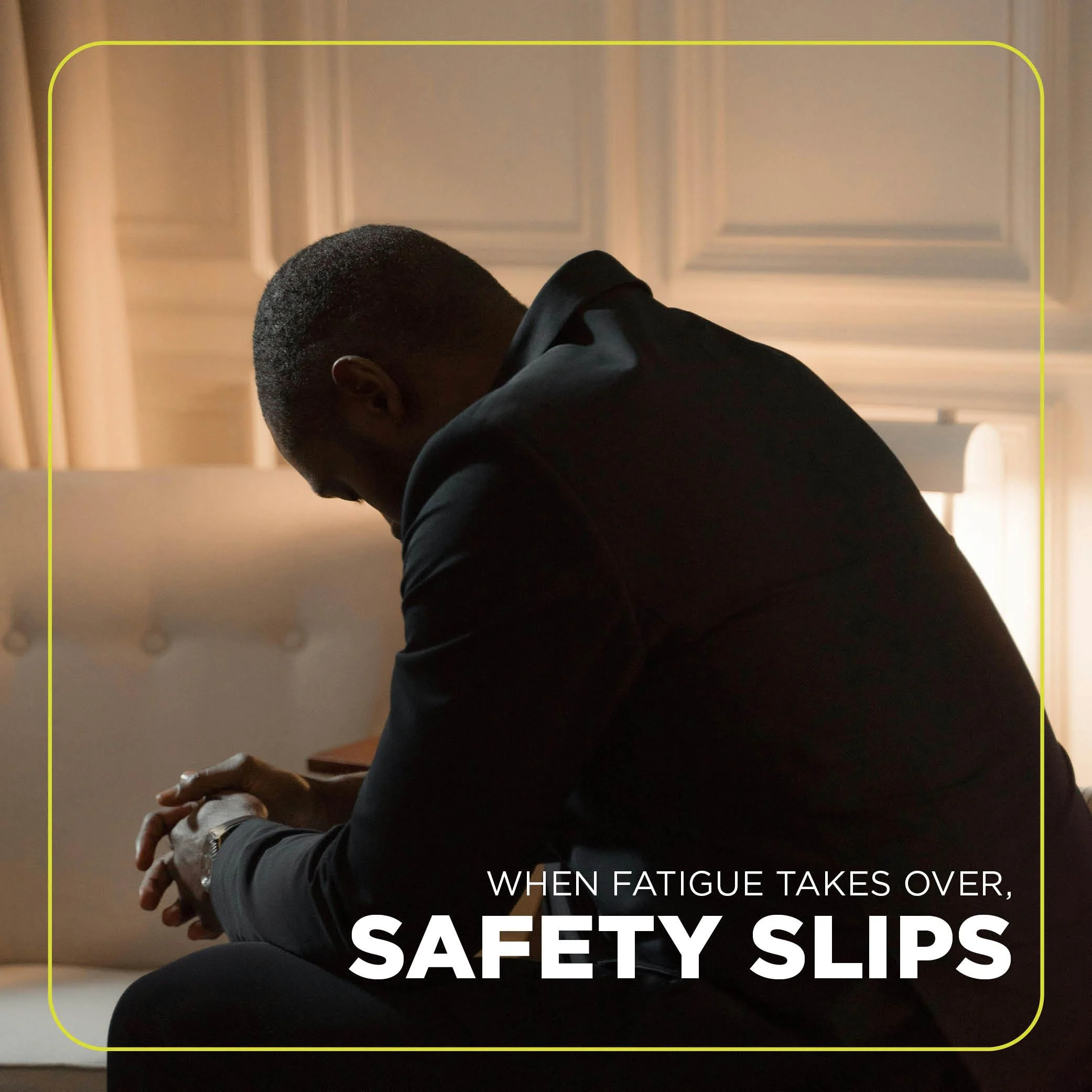
Sleep smarter. Work safer.
Fatigue is a real workplace hazard. It slows reaction times, clouds judgment and raises mistakes - especially in shift-based work. The solution is smarter schedules, simple workplace changes and a culture that values recovery.
Managing fatigue is not about slowing productivity. It protects it.

The changing scope of OHS
The future of Occupational Health and Safety (OHS) goes beyond physical safety, embracing a holistic approach that includes mental health, physical well-being and workplace flexibility. By integrating these elements into OHS strategies, businesses can create healthier, more resilient environments that support employees' overall well-being and drive productivity.
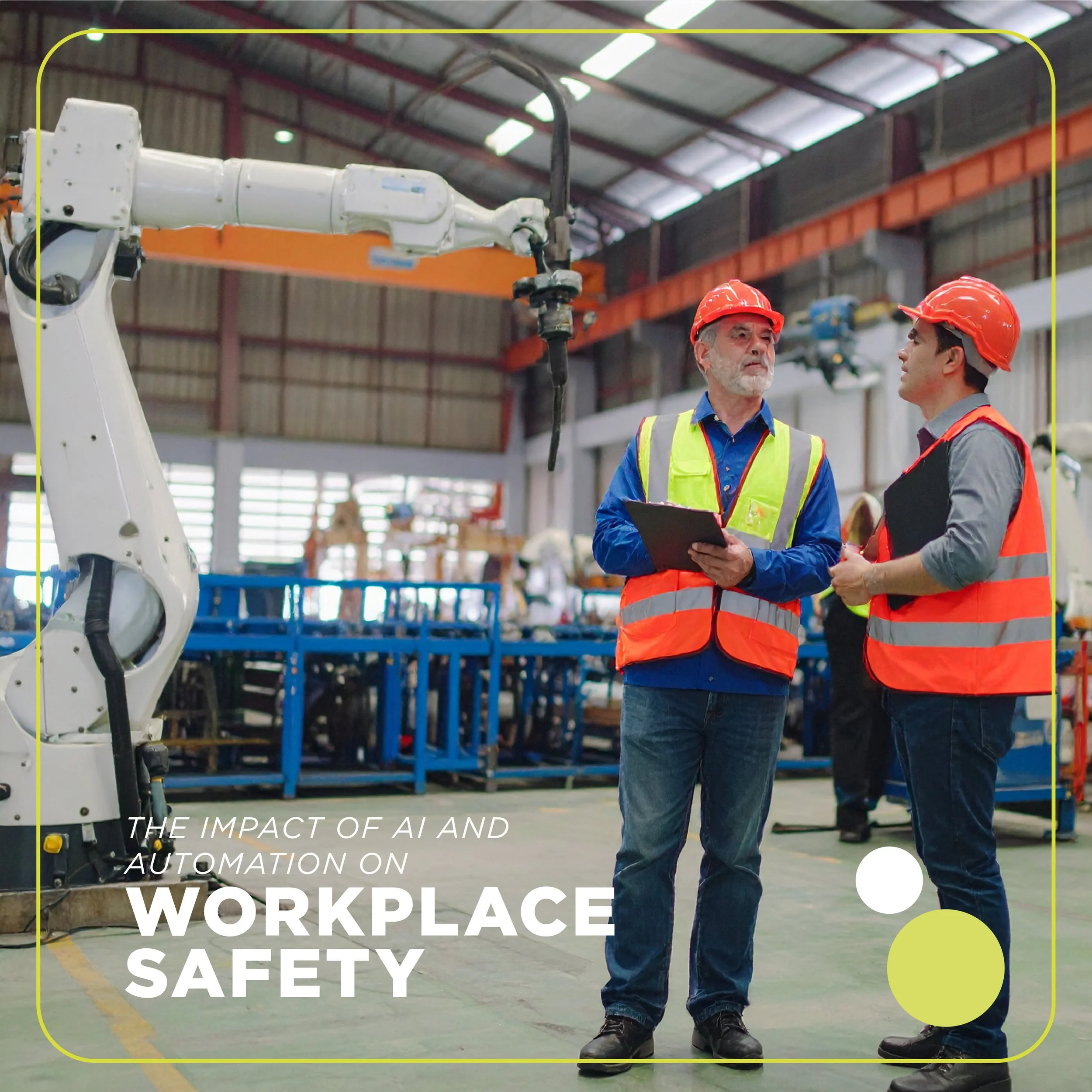
OHS, AI & Automation
AI and automation are transforming workplace safety by predicting hazards, reducing human injury, and improving operational efficiency. By integrating these technologies with proper training and safety protocols, businesses can enhance employee well-being and prevent accidents.
